Vietnamese grapefruit meets all of Australia's strict quarantine standards.
After nearly two years of technical negotiations, on October 9, in Hanoi, Vietnam officially announced the export of fresh grapefruit to Australia - one of the most demanding markets in the world; speaking at the announcement ceremony, Mr. Huynh Tan Dat, Director of the Department of Crop Production and Plant Protection ( Ministry of Agriculture and Environment ) said that fresh Vietnamese grapefruit is now present in 14 countries and territories, including the US, Korea, and New Zealand.
The area of grapefruit cultivation nationwide increased from 50,000 hectares in 2015 to more than 100,000 hectares in 2025, yielding nearly one million tons/year; the export turnover of fresh grapefruit in 2024 reached about 60 million USD. With reasonable production costs and the ability to harvest all year round, Vietnamese grapefruit has many competitive advantages and is expected to have great room for market expansion.
In Australia, since mid-2023, the Department of Agriculture , Fisheries and Forestry (DAFF) has begun analyzing the risk of pests for Vietnamese grapefruit; after nearly two years of technical exchanges, inspection, sampling and assessment, the two sides agreed to allow imports. Grapefruit has become the 6th fruit from Vietnam to enter Australia, after dragon fruit, lychee, longan, mango and passion fruit.

Under the agreement, grapefruit exported to Australia must be whole, fresh, with no or only a short stem. Growing areas and packing facilities must be assigned codes. Grapefruit must be free of 19 harmful organisms banned by Australia.
Shipments must comply with packaging, labeling and storage regulations. In addition, fresh grapefruit for export must be irradiated at a facility approved by the Department of Crop Production and Plant Protection. Before export, shipments must undergo plant quarantine procedures, and upon arrival at Australian ports, they will be further inspected according to regulations.
Deputy Minister of Agriculture and Environment Hoang Trung affirmed and emphasized: “The fact that Vietnamese grapefruit meets all of Australia's strict quarantine standards not only opens up new markets but also comprehensively upgrades the production chain - from tree varieties, growing areas to post-harvest technology.”
Upgrading production chain and quality management
To ensure stable exports, the Department of Crop Production and Plant Protection will coordinate with localities to provide training and disseminate quarantine regulations, provide guidance on establishing codes for growing areas, packaging facilities and irradiation processes. Administrative procedures for registration and issuance of export certificates will be simplified to shorten the time, making it easier for businesses to bring their goods to market.
Before exporting, businesses must implement strict quality control measures to comply with market standards; due to the seasonal nature of products such as fruits and vegetables, close coordination between businesses and management agencies is essential to maintain a stable supply.
According to UNIDO representative in Vietnam, Ms. Le Thi Thanh Thao, Vietnam needs to expand the system of traceability and management of codes for growing areas and packing houses, while investing in improving technical capacity and post-harvest preservation infrastructure. “Not only does Vietnam need to access the market, it also needs to build a national brand for grapefruit through image promotion campaigns and consumer guidance in new markets,” she said.
Mr. Phan Quoc Nam, Sales Director of Blue Ocean Import-Export Trading Joint Stock Company, said that export enterprises are ready to invest sustainably in international standard raw materials, apply high technology in production and strictly control quality. “We will cooperate closely with import, distribution and retail partners in Australia to build a stable and transparent supply chain that meets requirements on quarantine, food safety and traceability,” Mr. Nam affirmed.
To facilitate the export of grapefruit, Deputy Minister Hoang Trung requested units, localities, businesses and industry associations to focus on strictly complying with Australian regulations on fresh Vietnamese grapefruit, especially on production processes, traceability and pest control; at the same time, strengthen training and propaganda so that people understand and comply with regulations, ensure the quality of export products and enhance the image of Vietnamese agricultural products in the international market, especially Australia.
In addition, the Vietnamese technical quarantine agency is also required to quickly complete the necessary technical procedures to facilitate the import of blueberries from Australia to Vietnam.
In addition to opening the door for Vietnamese grapefruit, Australia also brought high-quality blueberries to Vietnam. Deputy Minister of Agriculture and Environment Hoang Trung said that this is a step forward demonstrating the strategic cooperation between the two countries, not only in agricultural trade but also in knowledge transfer, technology and human resource development.
“Vietnamese consumers will have more choices with Australian blueberries, while Vietnamese farmers and exporters will affirm their position in a demanding market; this is a two-way supply chain, complementing each other, contributing to increasing value for both sides,” said Mr. Trung.
In addition, Vietnam's quarantine agency is also urgently completing technical procedures to facilitate the import of Australian blueberries.
Source: https://daibieunhandan.vn/buoi-viet-nam-vuot-chuan-kiem-dich-chinh-thuc-vao-australia-10389792.html








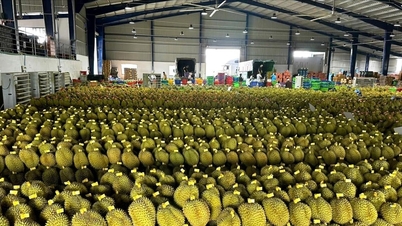

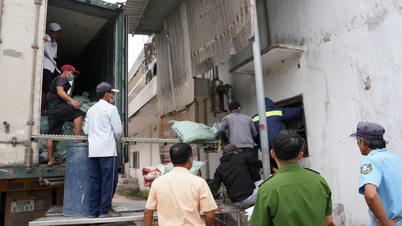

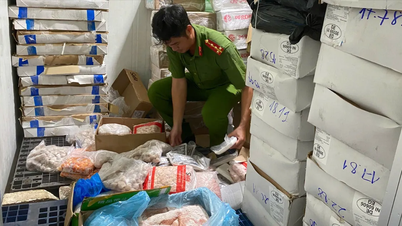
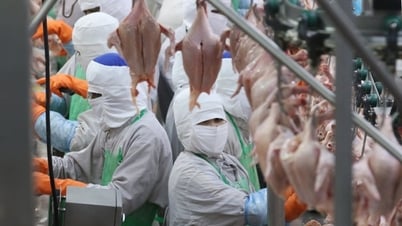

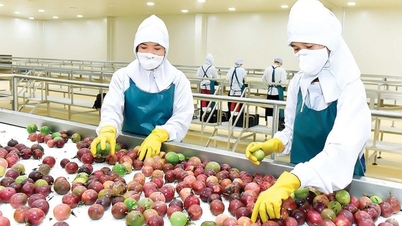




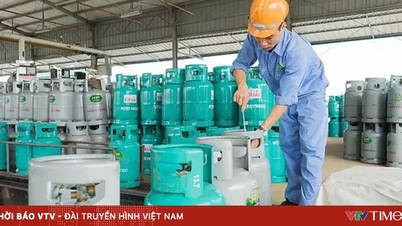


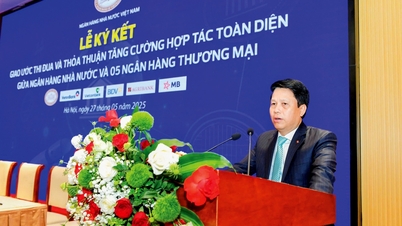








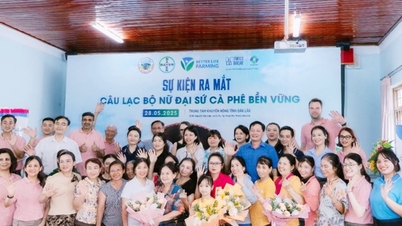
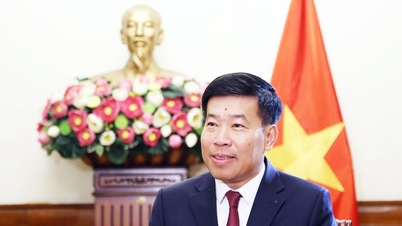

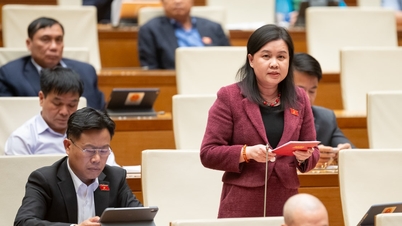
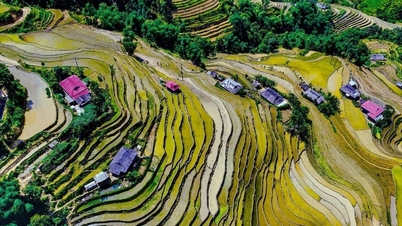

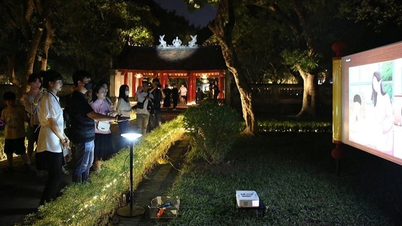













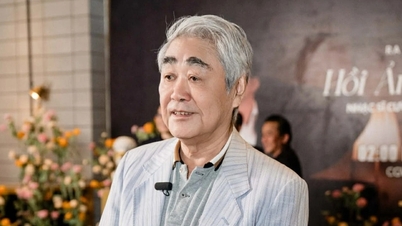







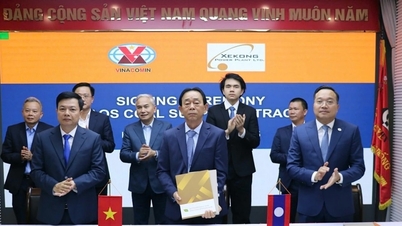
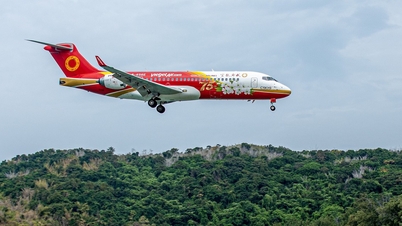









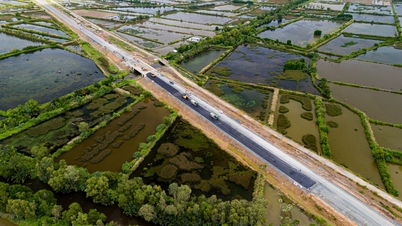

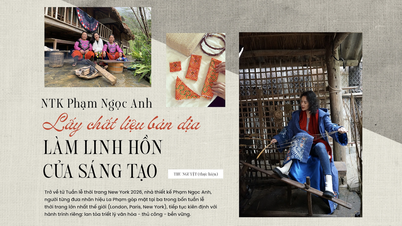





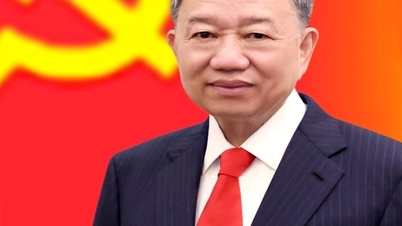


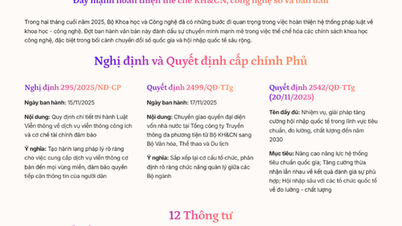


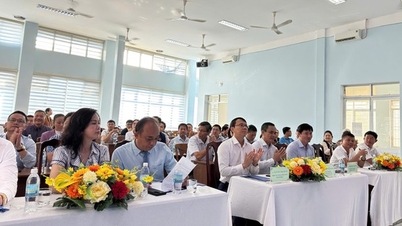
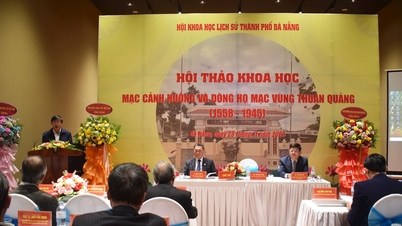

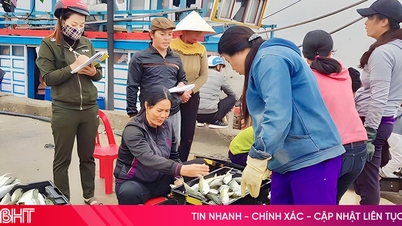

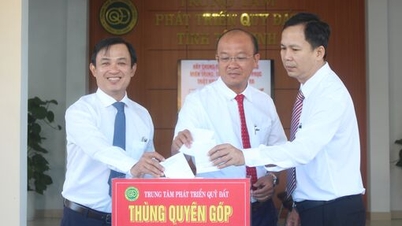

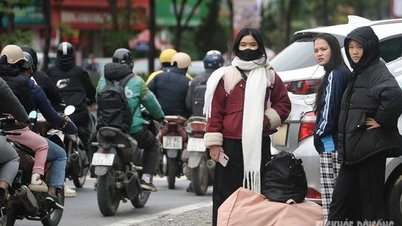

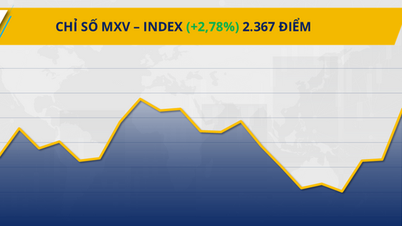

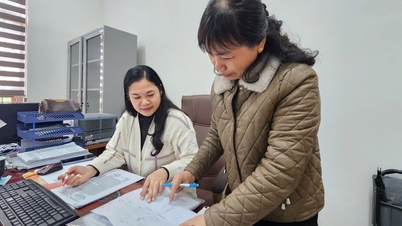













Comment (0)